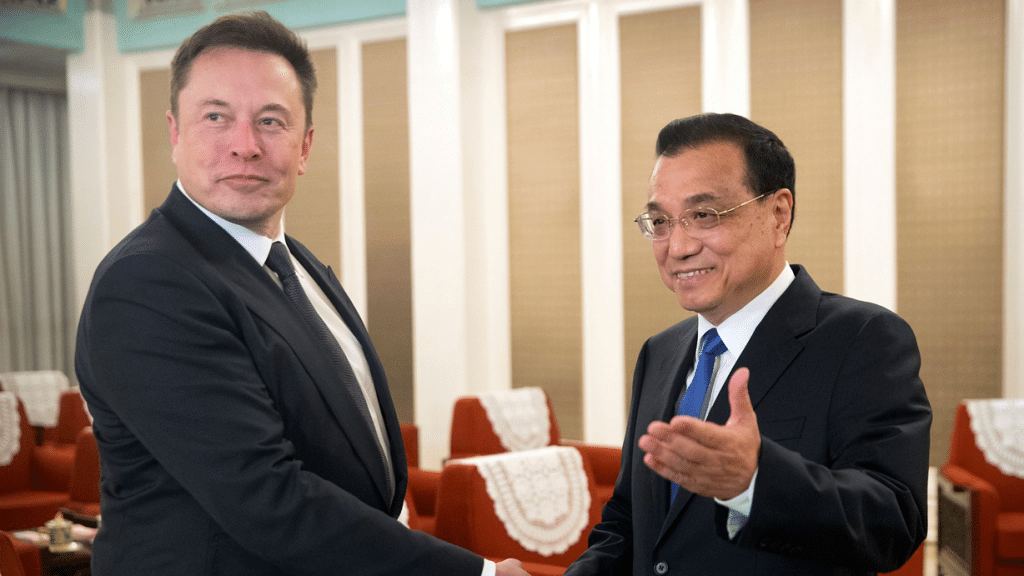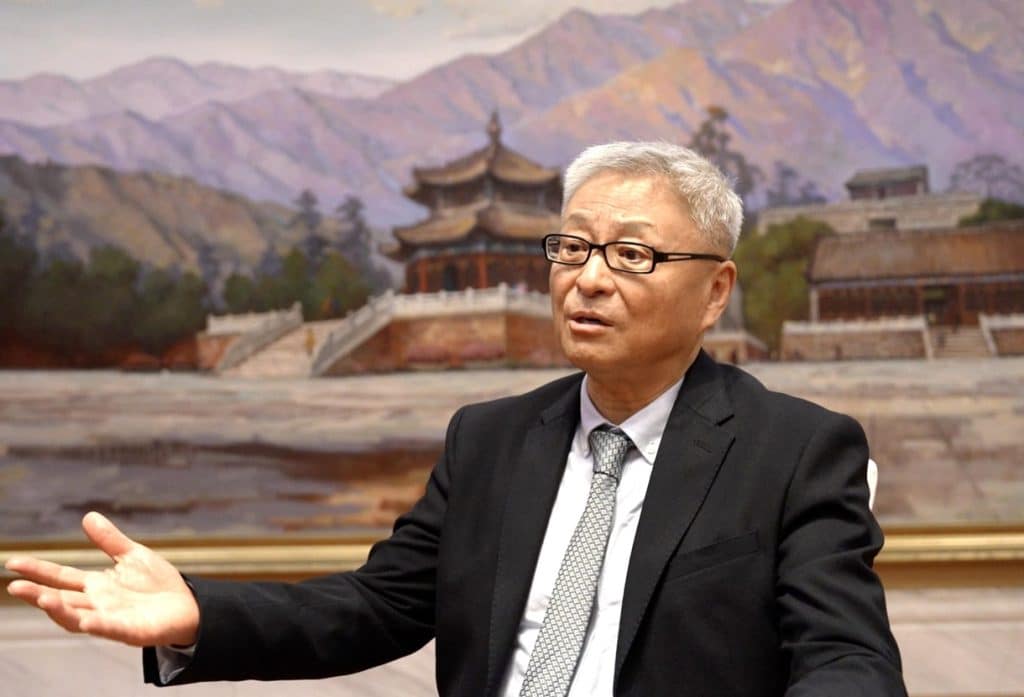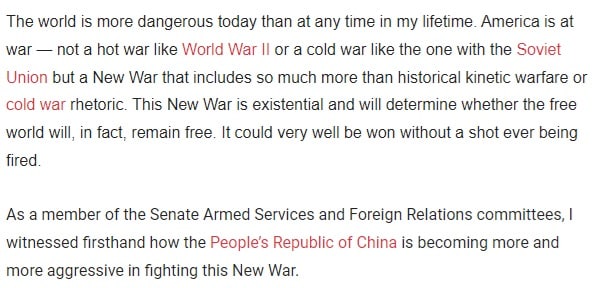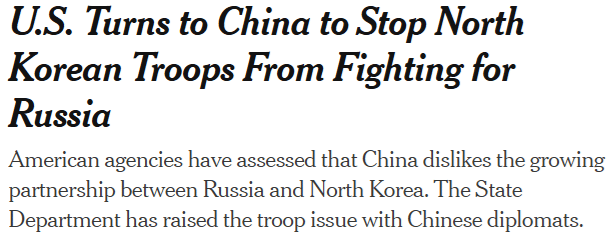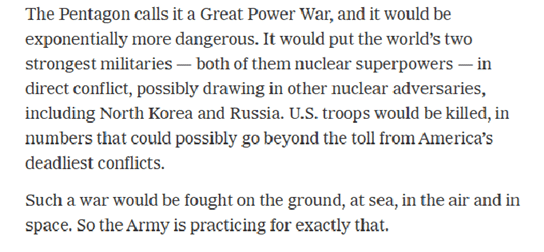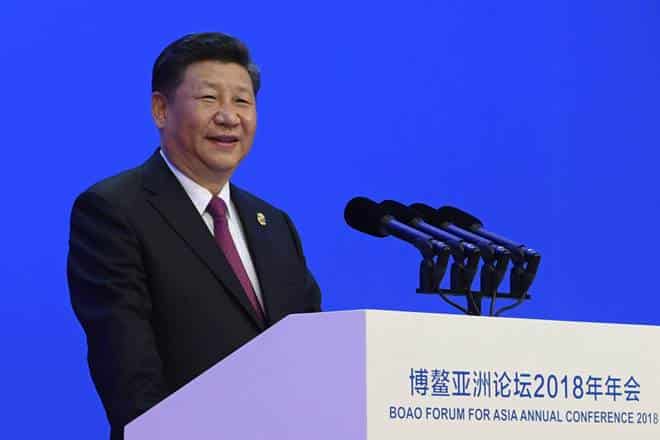Normalization of US-China Relations (Part II)_
作者:Robert Hinck 来源:US-China Perception Monitor
In this second installment, I cover the initial exchanges on normalization between US and Chinese officials, including Secretary of State Cyrus Vance’s failed meeting in August 1977 and Brzezinski’s watershed meeting in May 1978. For the first installment covering the initial conditions leading to normalization please see my previous post.Part II: Moving Towards Normalization
Summary: Not yet ready to normalize relations, Secretary of State Cyrus Vance’s trip to Beijing was more exploratory than National Security Advisor Zbigniew Brzezinski’s trip. It was during Vance’s trip that the Carter administration attempted to establish a bargaining position in favor of stronger ties with Taiwan; this attempt failed, not because of Vance, but because of Chinese leaders’ penchant for quoting previous administrations’ statements on the issue. On the Chinese side, Deng exploited Vance and Brzezinski’s bureaucratic rivalry over control of the Carter administration’s China policy by criticizing Vance and expressing his desire to negotiate with Brzezinski—known to be more in favor of normalizing relations with China than Vance—instead. The US public was still distrustful of “Red China,” prompting the negotiations to be conducted in secret, like during the Nixon administration.
Moving Towards Normalization:
Initial discussions did not bode well for normalization. When President Carter first met with Huang Zhen, China’s head of the liaison office in Washington in February 1977, the two could not agree on how to view the Taiwan question or the Soviet Union. Carter emphasized the US’s desire for a peaceful reunification of Taiwan with mainland China; Huang Zhen flatly stated that the question of Taiwan was an internal matter. Carter stressed his responsibility to negotiate with Moscow on issues regarding world peace; Huang Zhen described negotiations with the Soviet Union as a chimera, emphasizing the duplicity of Soviet expansionism. With these disagreements it was clear that, at that time, the US and China were not on the same page. Carter then turned his attention to other issues, such as SALT II and the Panama Canal Treaty, while still signaling that he preferred friendly relations with China. In the end the Carter administration was in no rush to normalize relations and wanted to move slowly on the question of Taiwan.
Finally, in August 1977, Carter sent Vance to Beijing to begin discussing the prospects of normalizing relations. However, at this time the administration still had not fully devoted itself to normalization. Just before Vance left, Carter told him to downplay the visit as the US was not ready to seriously begin negotiating normalization. For President Carter, normalizing relations with China would have to wait until he was able to pass the Panama Canal Treaty, which was facing tough resistance in Congress. Carter was afraid that talks of normalizing relations with China would rouse the powerful Taiwan lobby in Congress, further complicating the Treaty’s passage. Therefore, domestic politics required that Vance’s meeting be more of a ‘testing of the waters’ than a serious step towards normalization. During his visit, Vance met with Huang Hua, China’s Foreign Minister, Hua Guofeng, China’s paramount leader at the time, and Deng Xiaoping, one of China’s Premiers who was still solidifying his political base within the Chinese Communist Party (CCP) in wake of Mao’s passing. Vance began by discussing the biggest problem to normalization, the issue of Taiwan. One of China’s conditions for normalizing relations was the removal of US government officials from Taiwan. Vance suggested to Deng that the US was interested in maintaining stronger governmental ties to Taiwan than Japan—the previous year Japan had normalized relations with China and removed its Taiwanese consulate, but maintained an unofficial post to promote cultural and economic exchanges. Furious at the suggestion, Deng berated Vance, citing previous administrations’ pledges to follow the Japan model. In the end, Deng saw Vance’s trip as a step backwards in the normalizing process, and called Vance a bad negotiation partner.
After Vance’s trip, it was Brzezinski’s turn. Brzezinski and his deputy for Chinese issues began exploring the possibility of a visit to Beijing in early 1978. Upon hearing Brzezinski’s request, Deng immediately responded, stating that he would receive Brzezinski as soon as he could come to Beijing. Deng was eager to negotiate with Brzezinski in part because of the National Security Advisor’s strong anti-Soviet stance was shared by Deng; opting to meet with Brzezinski would also allow Deng to avoid Vance as a negotiation partner. This time, the US was ready for serious negotiations. Carter had just gotten the Panama Canal Treaty through Congress and felt confident that he could gain congressional support for both the SALT II Treaty and an agreement on normalization with China. Carter felt that the ideal time for the process to take place was just after the November 1978 Congressional elections. Vance’s State Department drew up plans for the US-China discussions on normalizing relations. Vance believed that any leaks regarding the administration’s move to normalize relations with China would open the negotiations to domestic politicking, killing any chance of successful negotiation. Therefore, Carter decided to conduct negotiations in secrecy, relying on Brzezinski and a selected few to conduct the negotiations, similar to how the Nixon administration relied on Kissinger for its secret rapprochement with China.
On May 21, 1978, Brzezinski went to Beijing and met with Foreign Minister Huang Hua and Deng Xiaoping. Huang and Brzezinski began their meeting by sharing their respective views on the international security environment, global development, and the balance of power between the Soviet Union and the United States. During their discussion Brzezinski shared the US view of the world held by the Carter administration. He said that the US did not believe that war was inevitable, the US did not seek to establish hegemony, accepted a world of diversity, and was not appeasing the Soviet Union, but rather competing with the Soviets on a worldwide scale. He also stated that Carter had authorized him to say that the US would accept the three Chinese conditions concerning Taiwan, which mirrored the same conditions that Japan had agreed to when it relations with China the year before: abrogation of the Mutual Defense Treaty, removal of all American military personnel from Taiwan, and severance of diplomatic relations with Taiwan. However, in accepting these conditions, Brzezinski held that the US reserved the right to declare that reunification of Taiwan and China would be achieved peacefully. United States’ acquiescence to the Japan formula marked a significant step forward in negotiations from Vance’s earlier trip.
Following his meeting with Huang, Brzezinski met with Deng. As in the previous meeting, Brzezinski and Deng discussed global security trends, with Deng criticizing the US’s Soviet policy as being too conciliatory. Satisfied with Brzezinski’s acceptance of the Japan formula for normalization, the two proceeded to lay the groundwork for normalization. Deng was particularly interested in exactly how prepared the US was to break relations with Taiwan, asking Brzezinski whether Carter had made up his mind on the issue. Brzezinski said that Carter had made up his mind and restated the US’s acceptance of China’s three conditions on Taiwan. Brzezinski proposed that the two sides begin confidential talks on normalization in June to work out all the details. Deng agreed and proceeded to talk about the threat of the Soviet Union, admonishing the US détente policy. He warned the US of the danger posed by the Soviet Union’s Asian encroachment and increasing influence in Vietnam, and inquired into US restrictions on exporting technology to China. Finally, Deng hinted at his desire to quickly finish normalizing relations.
来源时间:2018/4/6 发布时间:2013/4/13
旧文章ID:15854


